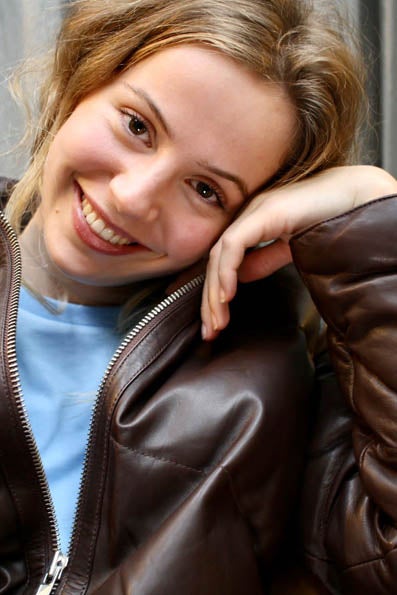Name: Lieve van Hengel
Age: 24
DHS cohort: 2021-2022
Bachelor’s programme: Health and Life Sciences
Current job/position: PhD candidate “Conversation Ambassadors in Action! Child vaccination communication in vulnerable areas”, Vrije Universiteit Amsterdam, Chair group Language and Communication, in collaboration with GGD Amsterdam & RIVM National Institute for Health and the Environment
Why did you choose Dialogue, Health and Society at VU Amsterdam? How do you look back on your study time there?
I chose DHS for multiple reasons. For starters, I've always been interested in health-care communication. During my bachelor's degree, doctor-patient conversations drew my attention because they can mean so much to both the patient and the health care practitioner. Additionally, language use and, more especially, human interaction interests me. DHS enabled me to understand how individuals interact in interactions, how they take turns, make requests, complaints, and announcements etc. etc. In this program, you really focus on the link between the medical practitioner and the patient – which is the dialogue. When I look back at choosing DHS, there's no doubt in my mind that I would do it again.
What did you like best about Dialogue, Health and Society? And did you encounter any difficulties?
Real-life conversations are used throughout the studies to explore interactions in (medical) settings. This approach provides very practical insights that are highly applicable to all types of social interaction. The difficulty, though, is getting used to this 'way of thinking'. You can never know how someone feels or thinks, but you can observe how someone understood the other person's language display. But when you master this methodology, you will see that there is a lot of order in human interaction.
What was your favourite course, period or groundbreaking insight while studying Dialogue, Health and Society?
My favorite course was Medical and Health Care Interactions. In this course you get to know a variety of health care settings in which communication between professionals and clients plays a crucial role. You get to work with audio and video recorded conversations, which gives you a good sense of the setting. We, for example, looked at how do patients justify visiting the doctor, at how they show resistance towards a medical diagnose or at how they display themselves as ‘good’ parents (when their child is the patient).
